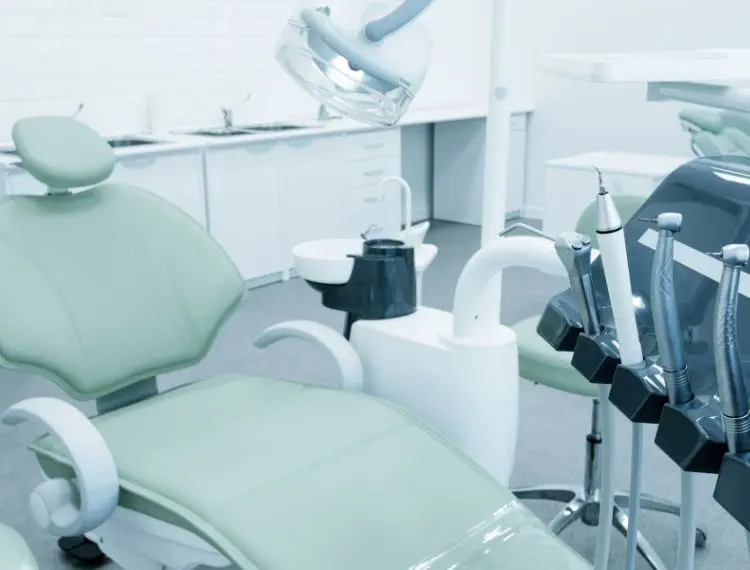
Practice accreditation means that the staff at the dental practice have undergone a process to meet a strict set of standards that commit them to continue improving the safety and quality of the care they deliver.
Why does it matter?
Practice accreditation is not mandatory for private dental clinics. If the dental practice you attend undergone practice accreditation, it means that they have done so voluntarily at their own expense and time, committed to continuously improve safety and quality for patients.
Not every dental practice is accredited, so if your dentist hasn't done so yet, there's no need to worry. All dental practices must comply with many legislative guidelines, standards and requirements even without accreditation.
However, because practice accreditation involves a continual assessment and improvement of practice procedures, the ADA encourages its members to have their practices accredited.
What does dental practice accreditation involve?
In dentistry, practices must meet the first six of the National Safety and Quality Health Service Standards. Once the practice has completed all the required paperwork, they are assessed by an independent accreditation agency who awards the accreditation.
Next time you visit the dentist, keep an eye out for their accreditation certificate or posters about accreditation, and be sure to congratulate the staff on going through the process. It's involved a huge amount of work for them, all in the name of improving your experience!
Choosing an accredited dental practice
If your practice doesn't have accreditation certificates and posters on display, all you need to do is ask them if they have undergone accreditation. You will find though that practices are proud of their accredited status and will make it obvious they have achieved it.
To find an ADA member dentist use the ADA's Find-A-Dentist service.
